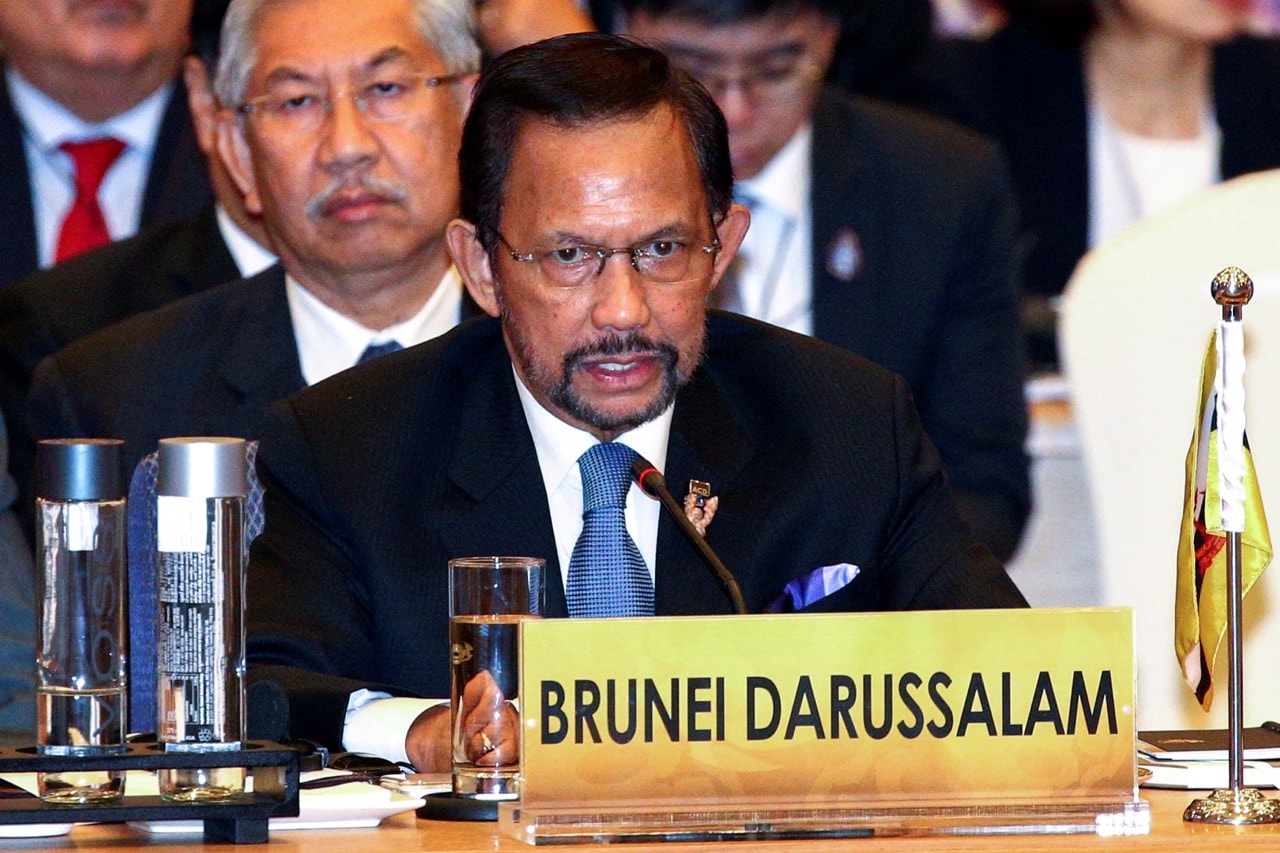(CPJ/IFEX) – In a 25 September 2001 letter to Sultan Haji Hassanal Bolkiah Mu’izzaddin Waddaulah, CPJ expressed its alarm over news that his government is poised to enact sweeping amendments to existing press laws, an action that will severely curtail freedom of information in Brunei by imposing strict licensing requirements on newspapers and threatening journalists […]
(CPJ/IFEX) – In a 25 September 2001 letter to Sultan Haji Hassanal Bolkiah Mu’izzaddin Waddaulah, CPJ expressed its alarm over news that his government is poised to enact sweeping amendments to existing press laws, an action that will severely curtail freedom of information in Brunei by imposing strict licensing requirements on newspapers and threatening journalists with jail terms for publishing “false news” and other offenses. The law will go into effect on 1 October unless he blocks its implementation, CPJ sources say.
The new law, the Local Newspapers (Amendment) Order 2001, will require newspapers to apply to the minister of home affairs for annual publishing permits. The minister will have sole discretionary power to grant permits, which will not be subject to appeal or judicial review. In addition, the new law grants the government absolute power to bar the distribution of foreign
periodicals in Brunei.
The law, which the government has already officially published, requires newspapers applying for permits to deposit B$100,000 (US$57,700) in cash with the government. Anyone who publishes without a license is liable to a fine of up to B$40,000 (US$23,100) or three years in jail. Other provisions allow the minister of home affairs to charge journalists with publishing malicious reports or false news, a crime punishable by a fine of B$40,000, three months in jail, or both.
The law also requires individuals who are not Bruneian citizens or permanent residents to obtain prior approval from the Office of the Prime Minister before working in the press. The majority of the staff at Brunei’s two English-language dailies, the “Borneo Bulletin” and the “News Express”, are foreigners. If enacted, the law could threaten the survival of these newspapers.
CPJ believes this new law is a substantial step backward for the press in Brunei. Hitherto, Bruneian newspapers have been able publish relatively freely, and journalists have not had reason to fear imprisonment for their work.
As an absolute monarchy, Brunei allows its citizens few of the rights associated with representative democracy. However, the rights enumerated in the Universal Declaration of Human Rights apply to all people, regardless of the form of government under which they live. Article 19 of the declaration guarantees freedom of the press. This right is particularly vital in Brunei, where the local media’s freedom to criticize the government serves as a check on official excesses.
Recommended Action
Send appeals to the sultan:
– recalling that a free press is the cornerstone of any responsible society
– noting that licensing newspapers and threatening journalists with imprisonment violates international standards of human rights and free expression
– further noting that if allowed to stand, this new law will severely limit the free flow of information in Brunei and will serve as a negative example to the rest of Southeast Asia
– urging him to set aside this regressive legislation so that Brunei’s press can work freely
Appeals To
His Majesty Sultan Haji Hassanal Bolkiah Mu’izzaddin Waddaulah
State of Brunei Darussalam
Office of the Sultan
Bandar Seri Begawan 1000
Brunei
Fax: +673 2 244 150Please copy appeals to the source if possible.

